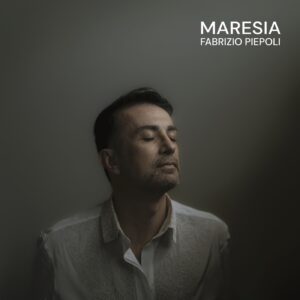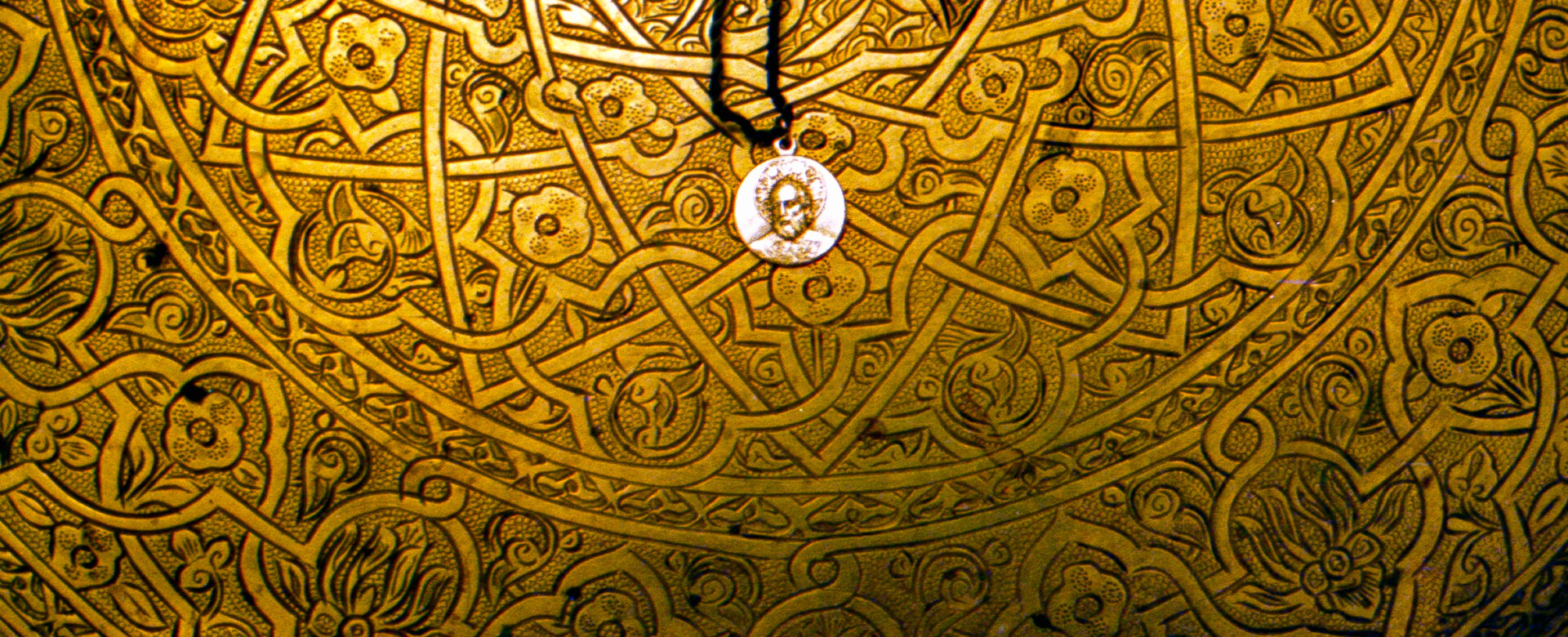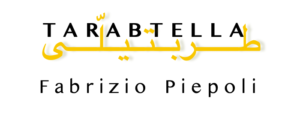This post is also available in: Italiano (Italian)
The voice of Fabrizio Piepoli is a fluid universe. Surrounded by multiple instruments that serve as a counterpoint to his strongly melismatic style, it is a light tenor voice capable of touching the deep tones of the baritone register and extending to the high notes of contralto.
A sophisticated vocality that constantly plays with its own identity, with the masculine and the feminine, with geography and belonging.
His songs are immersed in a cinematic scenario, balancing between the archaic and the modern, where the strings of the Turkish saz and the Arabic oud intertwine with the arpeggios of synthesizers and the urban beats of the sampler, soundscapes in which Fabrizio tells the story of his roots, with a voice that is a meeting point between East and West.
A sound called Tarabtella طربتيلا, the encounter between the rhythmic pulse of the Apulian tradition and the Tarab of the Arabic melody, the joy of dance, and the ecstasy of listening.
 Beyond being a presentation, or a programmatic manifesto of composition and inspiration, Fabrizio Piepoli’s words are poetry, paths, and visions. His new album Maresia (Zero Nove Nove – Self / Believe) is a Mediterranean itinerary, a project in which his versatility as a multi-instrumentalist and composer, as an author and scholar of musical traditions of the Mediterranean, and as a bewitching interpreter emerges definitively. Ten pieces that perfectly represent Piepoli’s musical horizons.
Beyond being a presentation, or a programmatic manifesto of composition and inspiration, Fabrizio Piepoli’s words are poetry, paths, and visions. His new album Maresia (Zero Nove Nove – Self / Believe) is a Mediterranean itinerary, a project in which his versatility as a multi-instrumentalist and composer, as an author and scholar of musical traditions of the Mediterranean, and as a bewitching interpreter emerges definitively. Ten pieces that perfectly represent Piepoli’s musical horizons.
“In Portuguese, the word ‘Maresia‘ means the sea foam that vaporizes in the air when the wind whips the crest of the waves. It is the sweat of the sea playing as it tries to chase itself. It is a race with open arms embodying a waltzing, tarantella-like gait, which communicates a wingspan sense of expansion and an oceanic joy. Maresia is the incessant mixing of languages, stories, and people of the past, the present, and the future. My song is a dream and maresia”.
The rhythmic, three-note gait of the tarantella, the rediscovery of Marisa Sannia and Amalia Rodriguez, and the dialogue between the Gargano tarantella and Portuguese fado all animate and define this valuable, intricate album made up of melodic pathways. What further embellishes it is research into the Carpino singers and a love for traditional Arab and Turkish instruments, as well as the Arbëreshë tradition and migration songs.
“These songs are part of a fluid history that expresses something new each time. I gathered sounds, words, gestures, and memories into my hands, threw them in the air, then they fell back onto me, all mixed up. My past, the part that continues to speak to me even now, I chase after and disintegrate, mixing it with other elements like voices in the streets of a market, and then it reappears again, telling me things I still do not know yet”.


